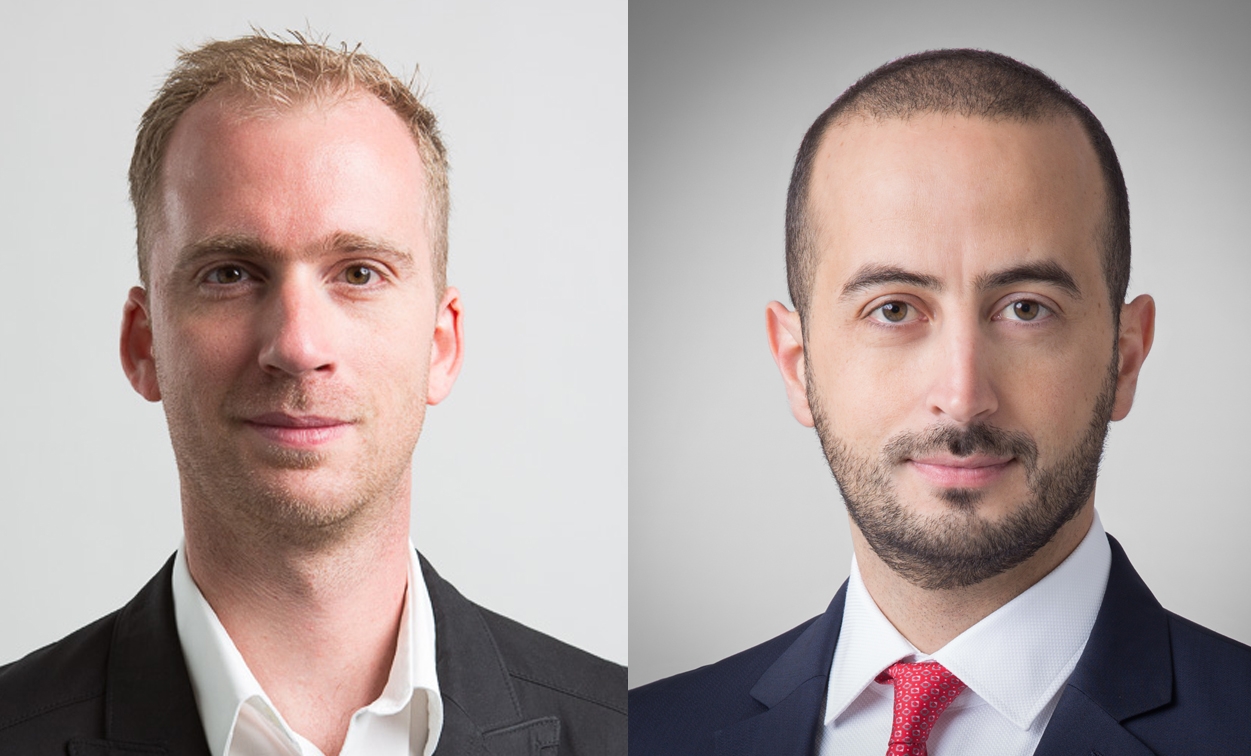What is Majid Al Futtaim’s Analytics Center of Excellence?
Joe Abi Akl. Majid Al Futtaim’s Analytics Center of Excellence, which Guillaume leads, drives the transformation for the group with a strategic direction-setting role, and provides shared services – data engineering, data science, products, etc.
How big is its team?
Guillaume Thfoin. We have about 30 people, split between data engineering, data science & analytics, business intelligence and product, and transformation. On top of that, we have 60 to 70 people outsourced. When we build use cases, we need workers, we need muscles. Having a team of 20 people is not sufficient and having a big team in the UAE is not realistic because of costs and skills issues.
What does this translate into for the business units?
Joe Abi Akl. It’s not a centralized model. There is a central team at the Center of Excellence, but every business also has its analytical team. A central team can do 20, 30 use cases at any point in time, but if you really want to scale and really embed analytics in your day-to-day, you want analytics in every decision making, in every process. You cannot have a central team driving this across a group that has 14 different businesses and 43,000 employees in 15 markets.
You need people on the ground, in the business, who understand operations and who understand data and how to use it. This is the only way to scale, to move away from use cases and to have analytics become part of your daily business. That’s what we’re in the process of building.
Guillaume Thfoin. We centralized the analytics at the beginning to go fast, to incubate. Now, to grow, we have to put it into the business units. We’re scaling up data science, and in a year or two, when they are mature enough, we will federate data science into each business. And then, we will incubate AI or bigger things.
Joe Abi Akl. Obviously, the businesses get the tools in a structured way for insight generation. But we also worked with them to identify a set of advanced analytics use cases – things that require deeper data science work or product development – for which we’ve created squads. These squads have people from data engineering, data science, products, marketing, operation… whoever needs to be involved. Some of these squads are business-specific, others are cross-business. They work together to take that data, analyze it, get the insights, create the tool or the product that is required, and then take it to the market.
How do you harmonize processes and standards with third parties?
Guillaume Thfoin. A partnership or vendor relationship is a symbiotic relationship. If I am successful, they are successful and vice versa. They need to have skin in the game, and they’re treated as equal; they’re part of my team, they come to our meetings.
Of course, some of them will not perform so I need to have a very strong technical team able to drive them. We started working with pure management consultants who were not the best-suited to do technical work; then we moved to outsourcing without having really strong people to lead them, and that was still not good. That’s why I now have a small but very strong team – ten data engineers, ten data scientists – that are able to lead, guide and verify the work outsourced.
Joe Abi Akl. You have to make sure you have people who are not only technical. In our team, every person wears a double hat: they have the functional role – data engineer, data scientist, product guy – but they also have project management and change management responsibility towards the organization and towards the partners. Secondly, you want to make sure these partners are not sitting somewhere just developing products. You have to really embed them in your team. And last, you have to also make vendors feel that the upshot of whatever we’re creating, they get a part of it, that there is a shared incentive. And you cannot only rely on one. You have to have a network of partners, an ecosystem.


 Back
Back 









